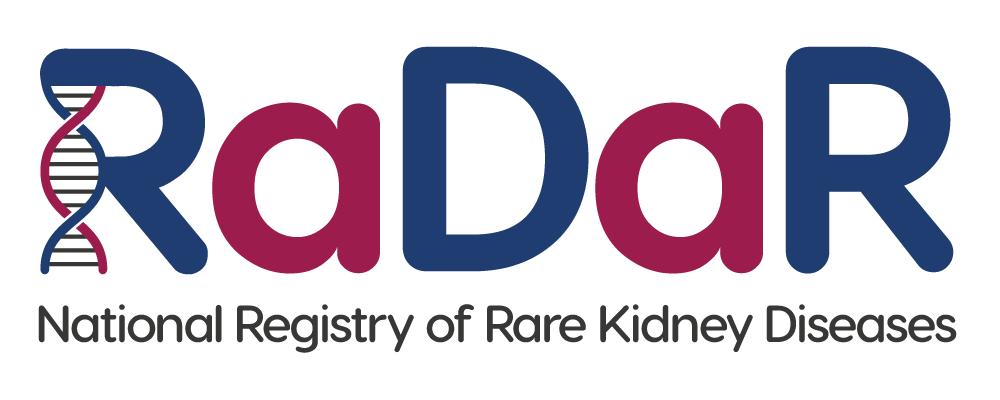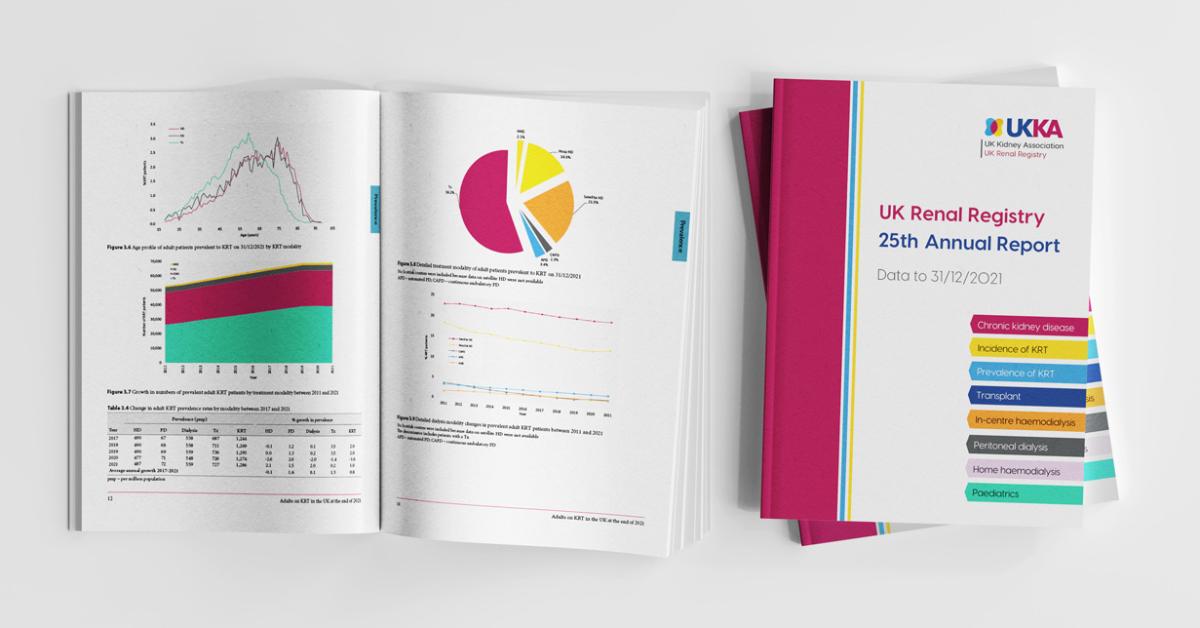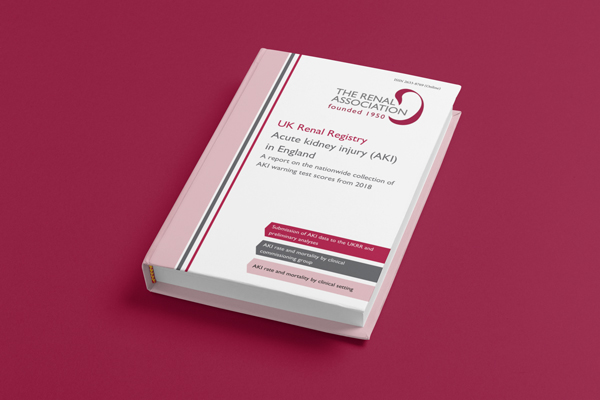Patient Information
Cytomegalovirus (CMV) is a common virus that can cause serious illness in people who have conditions that weaken the body’s infection fighting system (immune system) e.g patients who have a transplant.
CMV is a virus that belongs to the herpesvirus family. It is very common and can infect people of all ages. Most people are exposed to CMV at some point in their lives, often without knowing it, as it usually causes mild or no symptoms in healthy individuals.
When CMV causes an infection in the body for first time it is called a primary infection.
Our body’s immune system will then make antibody and other immune cells which is our body’s memory and defence against infection. After the infection the virus will remain in the body usually for life. (This is similar to the herpes virus that causes cold sores).
The CMV Virus can be controlled with a healthy immune system.
Many people who have the virus do not have any symptoms.
If symptoms do happen then they are usually mild in people who have a normal immune system.
Common symptoms include cold and/or flu type symptoms;
- Fever
- Loss of energy
- Body aches and pains
- Sore throat
CMV can cause symptoms in specific parts of the body and these are more likely in people with a weakened immune system e.g. those with a transplant.
These symptoms include:
- Diarrhoea
- Lung problems such as cough and trouble breathing
- Problems with the liver (“hepatitis”)
- Problems with the eyes
- Problems with kidney function
For kidney (and/or pancreas) transplant patients, CMV is a significant concern because of:
- Weakened immune system due to anti-rejection drugs. Post-transplant, patients take medications to suppress their immune system to prevent organ rejection. This makes them more susceptible to infections, including CMV.
- Risk of CMV Disease: CMV can reactivate (because after the primary infection it lives in our body) or be contracted, which may lead to CMV disease, which can cause symptoms ranging from mild flu-like illness to severe organ damage, especially in the transplanted kidney.
CMV spreads through body fluids, including blood, saliva, urine, and breast milk. It can be transmitted from person to person through close contact, such as kissing or sharing utensils, and from mother to baby during childbirth.
It is also considered a donor derived infection and you may become infected through having your transplant – we have ways to monitor for infection and good prevention and treatment options – this will be explained to you by your transplant team so you can make a decision about what is right for you.
Before transplantation, your healthcare team will test you and your donor for antibody to CMV. Post transplant you may be monitored with a blood test called a CMV PCR to survey for infection, hopefully to start treating the virus before it causes any severe symptoms. These blood tests help to determine your risk and guide your treatment plan.
To manage CMV, your transplant team may:
- Prescribe Prophylactic Antiviral Medication: You may be prescribed antiviral drugs to prevent CMV infection after your transplant. This is usually an antiviral drug called valganciclovir and it is given for 3-6 months.
- Regular Monitoring: Frequent blood tests to monitor for CMV reactivation or new infection. After this prophylaxis is finished your transplant team may recommend a schedule of blood tests to see if they can pick up CMV in your blood (CMV PCR) and this allows the transplant team to treat transplant patients before they get severe symptoms of CMV.
- Treatment of Active Infection: If you develop CMV, antiviral medications will be used to treat the infection. Sometimes, the dose of your immunosuppressive medication may be adjusted.
Unfortunately even with these options some people do develop difficult to treat (refractory) or resistant CMV infection.
We have several other anti-viral treatments for CMV including refractory and resistant CMV (anti-viral drugs). There are intravenous (given through a drip into the vein) such as ganciclovir and foscarnet and oral antiviral drugs such as valganciclovir, maribavir and letermovir.
Vaccination against CMV is also being developed.
We would like to learn more about how best to prevent CMV and treat CMV including the right time to begin to treat CMV so that it does not cause severe symptoms in people with a weakened immune system.
The Post-transplant CMV Rare Disease Group is registering patients in the National Rare Disease Registry (RaDaR). The registry will be used to gather evidence to support guidelines for the recommended treatment for patients with CMV. It will also be used to help find out the correct timing and duration of treatments. It may help to identify suitable participants for future research studies of risk factors and new treatments. If you are interested in finding out about RaDaR or the activity of the RDG then please visit the CMV RDG page.
- Follow Your Medication Schedule As Prescribed by your Transplant Team.
- Attend Regular Check-ups. Regular monitoring helps detect CMV early. Your Transplant team will provide you with a timetable to monitor CMV regularly.
- Importance of informing Transplant Team if you develop any symptoms of CMV infection. Inform your healthcare team if you experience any symptoms, no matter how mild they seem.
Understanding CMV and its implications is crucial for kidney transplant patients. By working closely with your transplant team you can help to reduce your risk of CMV complications and ensure the best possible outcome for your transplant.
For more detailed information or specific concerns, always consult your renal unit for further advice.




